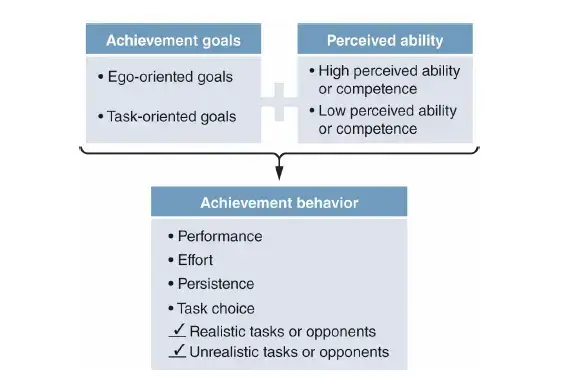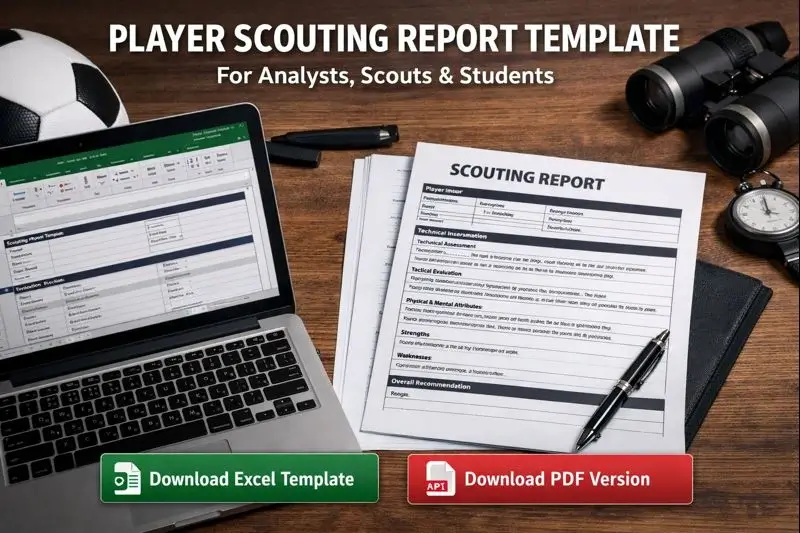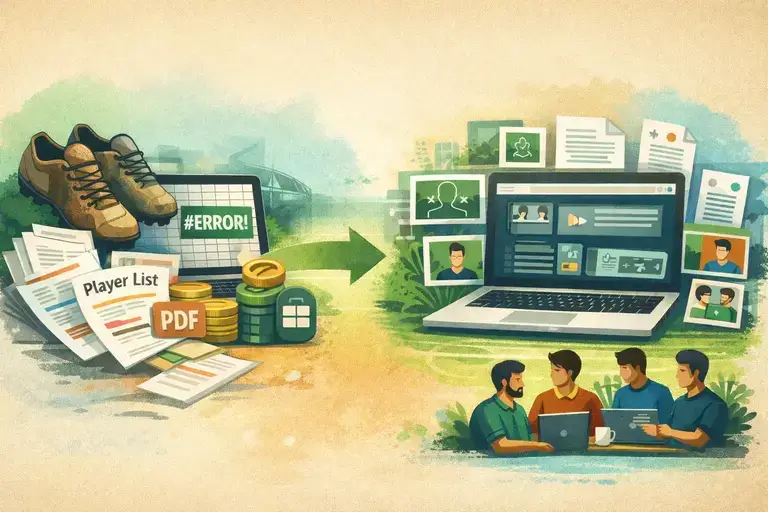Motivazione e Competitività nello Sport – Mind Games EURO 2024
Motivation and Competitiveness: Key Drivers of Success in Sports As we watch the thrilling matches of EURO 2024, it's clear that motivation and competitiveness are essential elements that drive athletes to perform at their highest levels. The desire to achieve, to overcome obstacles, and to compete against others fuels the intensity of action on the field. Let's explore the psychological concepts of motivation and competitiveness, and see how they shape an athlete’s journey. Concepts of Motivation and Competitiveness Motivation is defined as the direction and intensity of one’s effort (Sage, 1977). To fully understand motivation, we must consider both the person and the situation and how they interact. Motivation is not only about the effort a player puts in but also about the reasons behind their efforts. It plays a crucial role in determining whether an athlete perseveres in the face of adversity or simply walks away. Achievement Motivation refers to an individual’s efforts to master a task, achieve excellence, overcome obstacles, and perform better than others. It involves a strong desire to succeed, take pride in accomplishments, and continue pushing despite setbacks. According to Gill (2000), achievement motivation is about striving for success, persisting even after failures, and deriving pride from using one's talent to excel. Competitiveness, as defined by Martens (1976), is the disposition to strive for satisfaction when making comparisons with a standard of excellence, especially when evaluated by others. It’s the desire to compete in the context of a social evaluation, and it goes hand in hand with achievement motivation. This competitiveness is seen as behavior expressed in competitive contexts such as sports, where comparison and evaluation drive performance. While achievement motivation and competitiveness are often associated with the outcome or pursuit of excellence, they are equally about the psychological journey and the mindset involved in achieving success. How Motivation and Competitiveness Shape Behavior Motivational differences significantly influence an athlete's behaviors, thoughts, and emotions. These include: Choice of Activity: Do athletes look for opponents of equal ability, or do they seek out more challenging competition? This choice affects both their skill development and mindset. Effort to Pursue Goals: The level of dedication an athlete shows in practice and preparation can depend on their level of motivation. Athletes with high achievement motivation will consistently put in the effort to improve. Intensity of Effort: This is the consistency and degree of effort athletes invest in their training. The more motivated they are, the more consistently they’ll work toward their goals. Persistence in the Face of Failure: Motivation directly affects how athletes respond to setbacks. Do they work harder when things get tough or do they back down? Those with high achievement motivation are more likely to push through difficulties and persist. Achievement Goal Theory (Roberts, 2012; Dweck, 1986) According to Achievement Goal Theory, the way individuals interpret success plays a central role in determining their motivation. A person’s achievement goals and their perception of their ability interact to shape their actions. Task Orientation: A person with a task orientation focuses on mastery and improvement. Success is defined by personal development, learning new skills, and overcoming challenges. In competitive sports, this would be someone focused on their own progress, regardless of the outcome of a match. Ego Orientation: On the other hand, someone with an ego orientation is motivated by comparing their performance to others. Success is defined by outperforming competitors, rather than personal improvement. In the context of sports, this athlete might be more driven by external factors like trophies, rankings, or beating certain opponents. These two orientations—task and ego—determine the athlete’s goals and actions. For example, a player with a task orientation might be more focused on improving their passing accuracy, whereas a player with an ego orientation might be more focused on winning a match or scoring the most goals. The theory suggests that task-oriented individuals are likely to have more adaptive outcomes, including greater intrinsic motivation and satisfaction. On the other hand, ego-oriented individuals might experience higher levels of anxiety, especially if they perceive failure as a sign of personal inadequacy. Motivation and Competitiveness in EURO 2024 As seen in EURO 2024, motivation and competitiveness are vital in shaping the tournament's excitement. Take Spain’s performance in the tournament, for example. Their players are motivated by the desire not just to win, but to excel, to keep improving, and to work together as a team. This focus on mastery and the collective effort fosters a sense of pride and accomplishment. Meanwhile, rival teams display immense competitiveness, aiming to outperform the others and assert their dominance on the European stage. This competitive drive leads to exciting moments on the field as teams clash, determined to prove themselves superior. The journey to success at EURO 2024 exemplifies the balance between personal achievement and competitive drive, illustrating the psychological factors that influence performance under pressure. Conclusion In sports, motivation and competitiveness are foundational to success. They are not just about the end result but also about the drive to improve, overcome obstacles, and thrive in the face of challenges. The way athletes interpret their goals and respond to competition shapes their mindset and performance. As we continue to enjoy the matches at EURO 2024, we are reminded that sports are not just about physical prowess; they are also about mental resilience, determination, and the inner drive to excel. Whether it's a team striving for victory or an individual pushing their limits, these elements of motivation and competitiveness are what make sports such a captivating spectacle. Weekly Challenge: Reflect on your own level of motivation. Are you more task-oriented or ego-oriented? Consider how these motivations affect your approach to challenges in life and strive to foster a mindset that helps you perform at your best, both on and off the field. Let’s keep pushing forward, embracing the competitive spirit, and aiming for excellence in all that we do! 🌍⚽

Success may be achieved by beating others in competition, or success may be achieved by learning or mastering a task. Achievement orientation: Ego orientation - focused on beating or surpassing the performance of others Task orientation – focused on learning or mastering a task (self-improvement) An ego goal orientation focuses on comparing performance with and defeating others, whereas a task goal orientation focuses on comparing performance with personal standards and personal improvement. It is best to adopt a task orientation, which emphasizes comparisons with your own performance standards rather than with the performances of others, especially if one is learning a set of important skills. Practical Tips Forward Facing • Task oriented (What´s next?) • Task by task (What am I going to do now?) • Step by step (Visualize and plan the process) Real Time Event Cristiano Ronaldo devastated after missing a penalty Even the best athletes face moments of frustration and disappointment. Cristiano Ronaldo recently experienced this after missing a penalty. His tolerance to frustration and ability to bounce back highlight the importance of resilience in maintaining motivation and competitiveness. Conclusion Football players are human, and they have imperfections and problems. Recognizing this helps us appreciate the mental and emotional strength required to perform at the highest levels. Their journeys of motivation and competitiveness inspire us to pursue our own goals with determination and resilience. Weekly Challenge This week, try to implement one of these strategies in your own life: • Set a task-oriented goal and break it down into smaller steps. • Practice self-talk and remind yourself of your abilities. • Seek out a challenging activity and focus on your effort and improvement. Share your experience and how it helped you stay motivated in the comments section below. Let’s enjoy this journey together! 🌍⚽



